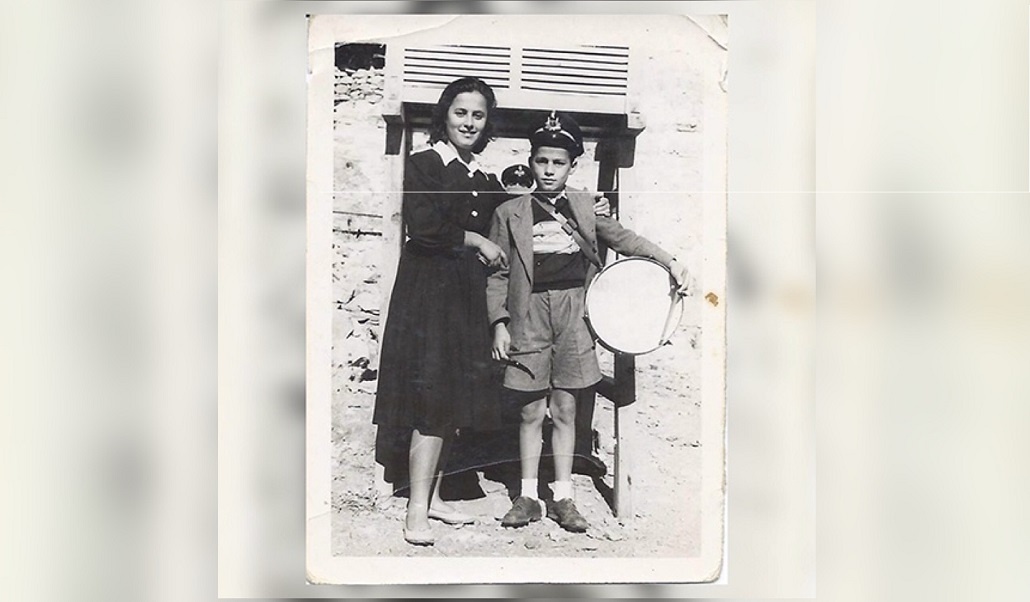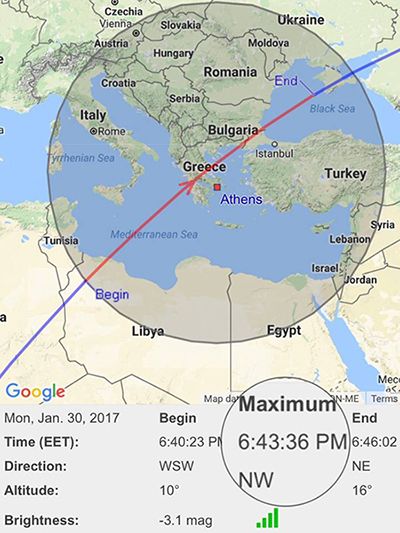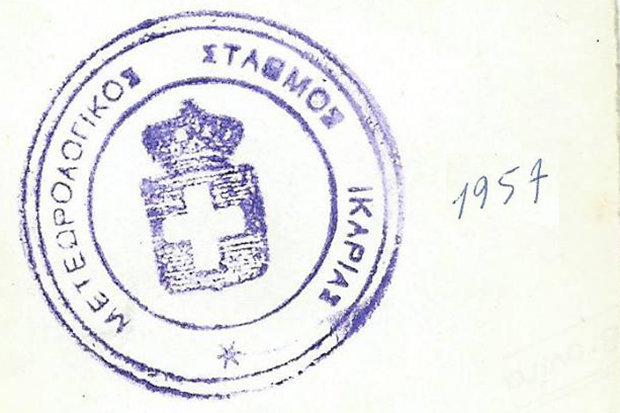
Διαβάστε την ελεύθερη πτήση στα ελληνικά, εδώ.
The NASA international space station passed over Athens on Monday January 30th, 2017, between 18:40 and 18:46 hrs. Astronaut Ignacio Maniani was punctual to his rendezvous. The station crosses the clear Attica sky, SW TO NE, and brushes past Venus. I watched it in wonder until it got lost behind some bushes along the side of Penteli mountain. I have just come down the private space observatory of Kypseli.
 When I was attending high school in Aghios Kyrikos, in Ikaria, I was a stargazer at the weather station of the National Weather Service, under the strict and watchful eye of the Physics Teacher, also known as my Father. Three observations per day; calm, precipitation, lightening visible, but no thunder, cumumulusnimbus thunderheads etc, and mailing telegrams to NWS. The first five days of every month I had to go through the inventory, to edit the measurements, medians, statistics, to write down any comments and forward them to Athens. It was all written down in a piece of paper the size of an open large print newspaper.
When I was attending high school in Aghios Kyrikos, in Ikaria, I was a stargazer at the weather station of the National Weather Service, under the strict and watchful eye of the Physics Teacher, also known as my Father. Three observations per day; calm, precipitation, lightening visible, but no thunder, cumumulusnimbus thunderheads etc, and mailing telegrams to NWS. The first five days of every month I had to go through the inventory, to edit the measurements, medians, statistics, to write down any comments and forward them to Athens. It was all written down in a piece of paper the size of an open large print newspaper.
This “servitude” made me detest working in the public sector. On the other hand, I very much enjoyed the 500 drachmas I received monthly (minus the checkoff and the levy tax for Cyprus, that I was proudly charged with). With the money I managed to put aside I bought our first ever portable transistor radio (shortwave, medium wave and longwave).
At that time, I had an English teacher, Mr Harry, a gangster that got deported from Chicago and had found refuge in Ksylosyrtis. I had already decided that the Xavier de Bouge method of learning English without a teacher was not of much help.
He was the one that put the idea into my head to start a correspondence with people from other countries (which at that time only meant America). I used to write to quite a lot of people. I guess it would feel a little bit like those Nigerian Prince emails we are getting ourselves today. Judging by the way I wrote and the vocabulary I used, the recipients gathered that they were dealing with some type of retired mobster, so they humored me. I ended up having trial subscriptions (for free, it goes without saying) to all the important magazines of the time: LIFE, TIME, NEWSWEEK, and even New Yorker, or National Enquire that hosted articles even about the life of Merilyn. That’s where I picked my next targets, which I would then write to, and ask for any kind of things.
At some point NASA was looking for associates to observe satellites. I wrote back. I submitted all my references as a NWS stargazer and one month later I received a box full of books the size of the phone book, much like the logarithms that the computer generation completely ignores their existence. And of course, a complete set of instructions, a Memorandum of Understanding, how to spot satellites, how to tell them apart from the others, the ones with the hammer and sickle, along with some forms that I had to mail back to NASA – back then there still existed the international stamps. Amazing things!

One time I sent an urgent telegram, on my expense, and without actually being any of my business, because as the US satellite was passing through Orion it went out of sight. I was informing them, thus, that the satellite was lost in space, but I couldn’t bring my self to tell them that it was the Soviets behind it, because I lived in Ikaria, after all!
From time to time NASA sent me new, bigger and more complicated catalogues. The postman would let me know, and I would go and pick them up from the post office. One time, though, the parcel from USA, addressed to Mr Chrysostomos Fountoulis Meteorologist, ended up to the high school, to my uncle Chysostomos, a mathematician. He opened the parcel, took a look at the logarithms, and was busting his head to figure out was were all these incomprehensible things that the Americans, who he was not particularly fond of, had sent him. At some point he asked my father, if he had any idea. My Father replied, “I don’t know what it is, but Makis has several boxes with books like this at home”. During recess, he sent a girl from the 8th grade to summon me to the teachers’ office, something quite common for me. But this was the first time that I did not know the reason this happened, even though I had my suspicions. “Are those yours?” my uncle asked without hesitation. “Yes” I answered proudly, like a tough space scientist. “And what exactly it is that you are doing, if you don’t mind my asking?” “It’s NASA instructions to track satellite movement, when the pass over Ikaria”. “Get them out of here and get lost, before I slap you in the face and you get to see the Northern Star!” Such was the technology of the era. Impeccable.
I kept doing my observations and turning in my reports, but as soon as it was clear that they had no intention of inviting me to Cape Canaveral, I gave up on them. Besides, my radio was reporting that the USSR was winning the race to space invasion. I suspected I had betted on the wrong horse.
Later I decided to become a veterinarian.
*However, I was a pretty good drum and trumpet player. In the picture above, I am standing outside the Weather Station at Aghios Kyrikos’ High School, along with Sofia Kochila, probable around October 28th 1958.
Makis Fountoulis for ikariamag.gr








